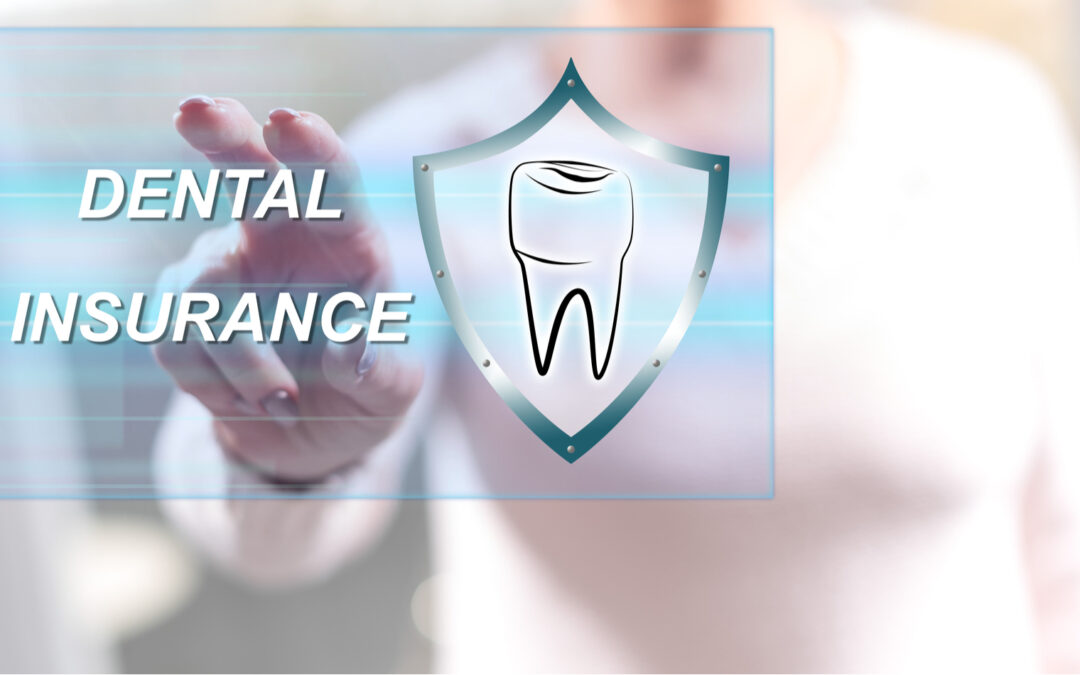
Understanding How to Use Your Dental Insurance
If you don’t have dental insurance, dental work can end up taking a big bite out of your finances. These plans are designed to share the cost of dental care, but most do not cover all procedures, meaning insurance is not going to be based on what you need, but based on how much was paid for it.
Difference between Dental Insurance and Dental Benefits
When you are shopping for a plan, you may come across the term ‘dental benefits’ more than insurance. Most people get confused between the two because people usually refer to the dental plan they get as dental care insurance – however, it’s completely different. This can lead to issues when you find out they plan you paid for does not cover certain procedures.
The difference is simple. A dental insurance plan can repay you if you suffer a loss. It’s like car insurance, which pays policy holders the value of their vehicle, if it is involved in a crash – or like health insurance, which covers hospital stays. If you have dental insurance, your insurer will carry that risk.
In contrast, a dental benefit plan usually covers only a portion of the costs of some procedures and some procedures may not be covered at all. To ensure you visit your dentist with appropriate coverage, make sure you check with your insurer.
How Dental Plans Work
The dental plan you have is basically a contract between the insurance company and your employer and is based on a pre-determined amount. As such, it only covers certain procedures, which cover that amount so chances are, you may be faced with a dental issue that is not covered. If you think your dental plan should cover more procedures, do not hesitate to talk with your employer about it.
Even though your dentist may file claims with your dental plan, you may still have to cover part of the bill not covered by your dental plan. Those bills will have to be paid out-of-pocket, so make sure your insurance coverage is as extensive as possible.
A main feature mentioned in such plans include UCR (Usual, Customary and Reasonable) Charges. This outlines the limit of the amount the plan covers, but those terms can be misleading because it gives insurance companies leverage to set any amount they want for the charges and it may or may not match the fee a dentist may charge in a specific area. Plus, those amounts do not change irrespective of inflation or current costs of dental care.
By maintaining your dental hygiene, you can avoid costly procedures your dental insurance may not cover. Can you really afford the extra cost? Book a consultation and checkup at Smile League Dental today with one of our dentists. We use only cutting edge technology and advanced dental equipment to ensure our clients receive the best dental care possible.

Recent Comments